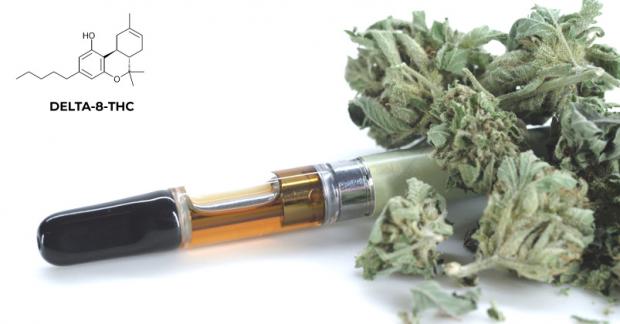
Breaking News
 The Domino Effect: How a U.S. Attack on Iran Could Unleash Global Catastrophe
The Domino Effect: How a U.S. Attack on Iran Could Unleash Global Catastrophe
 The True History of Glyphosate, Derived from Deadly Organophosphate Nerve Agents like Sarin...
The True History of Glyphosate, Derived from Deadly Organophosphate Nerve Agents like Sarin...
Top Tech News
 New Spray-on Powder Instantly Seals Life-Threatening Wounds in Battle or During Disasters
New Spray-on Powder Instantly Seals Life-Threatening Wounds in Battle or During Disasters
 AI-enhanced stethoscope excels at listening to our hearts
AI-enhanced stethoscope excels at listening to our hearts
 Flame-treated sunscreen keeps the zinc but cuts the smeary white look
Flame-treated sunscreen keeps the zinc but cuts the smeary white look
 Display hub adds three more screens powered through single USB port
Display hub adds three more screens powered through single USB port
 We Finally Know How Fast The Tesla Semi Will Charge: Very, Very Fast
We Finally Know How Fast The Tesla Semi Will Charge: Very, Very Fast
 Drone-launching underwater drone hitches a ride on ship and sub hulls
Drone-launching underwater drone hitches a ride on ship and sub hulls
 Humanoid Robots Get "Brains" As Dual-Use Fears Mount
Humanoid Robots Get "Brains" As Dual-Use Fears Mount
 SpaceX Authorized to Increase High Speed Internet Download Speeds 5X Through 2026
SpaceX Authorized to Increase High Speed Internet Download Speeds 5X Through 2026
 Space AI is the Key to the Technological Singularity
Space AI is the Key to the Technological Singularity
 Velocitor X-1 eVTOL could be beating the traffic in just a year
Velocitor X-1 eVTOL could be beating the traffic in just a year
Pot producers are pushing to clamp down on Delta-8 THC; here's why, and what it is

But large cannabis producers are now pushing to clamp down on Delta-8 THC amid worries that a lack of oversight means heavy metals and unexpected intoxicants are cropping up in some of the products.
The cannabis compound has proliferated in gummies, joints and vape pens, with sales more than doubling in the past year across the country. Despite being almost chemically identical to federally outlawed forms of marijuana, Delta-8 has escaped widespread scrutiny thanks to ambiguity in U.S. laws.
That's starting to change, with a coalition of cannabis producers now pushing federal and state regulators to block sales of unregulated Delta-8. More than a dozen states have already moved to restrict the products.
The previously unreported effort by industry leaders to rein in the booming but unchecked sector comes as chemists and health advocates sound alarms over potentially dangerous contaminants, such as lead and arsenic, and unpredictable potency levels in some commercially available products. Two tests of Delta-8 samples — one by the U.S. Cannabis Council trade group and another commissioned by Bloomberg News — found high levels of intoxicants in several of the products, as well as metals in some of them.
Delta-8 is particularly concerning to some scientists because it can be easy to make. Users can simply mix over-the-counter CBD with battery acid, pool chemicals or even household vinegar to produce it, although there are methods that don't use acids.

 TGIF: Immigration and Culture
TGIF: Immigration and Culture Does It Smell Like Victory?
Does It Smell Like Victory?


